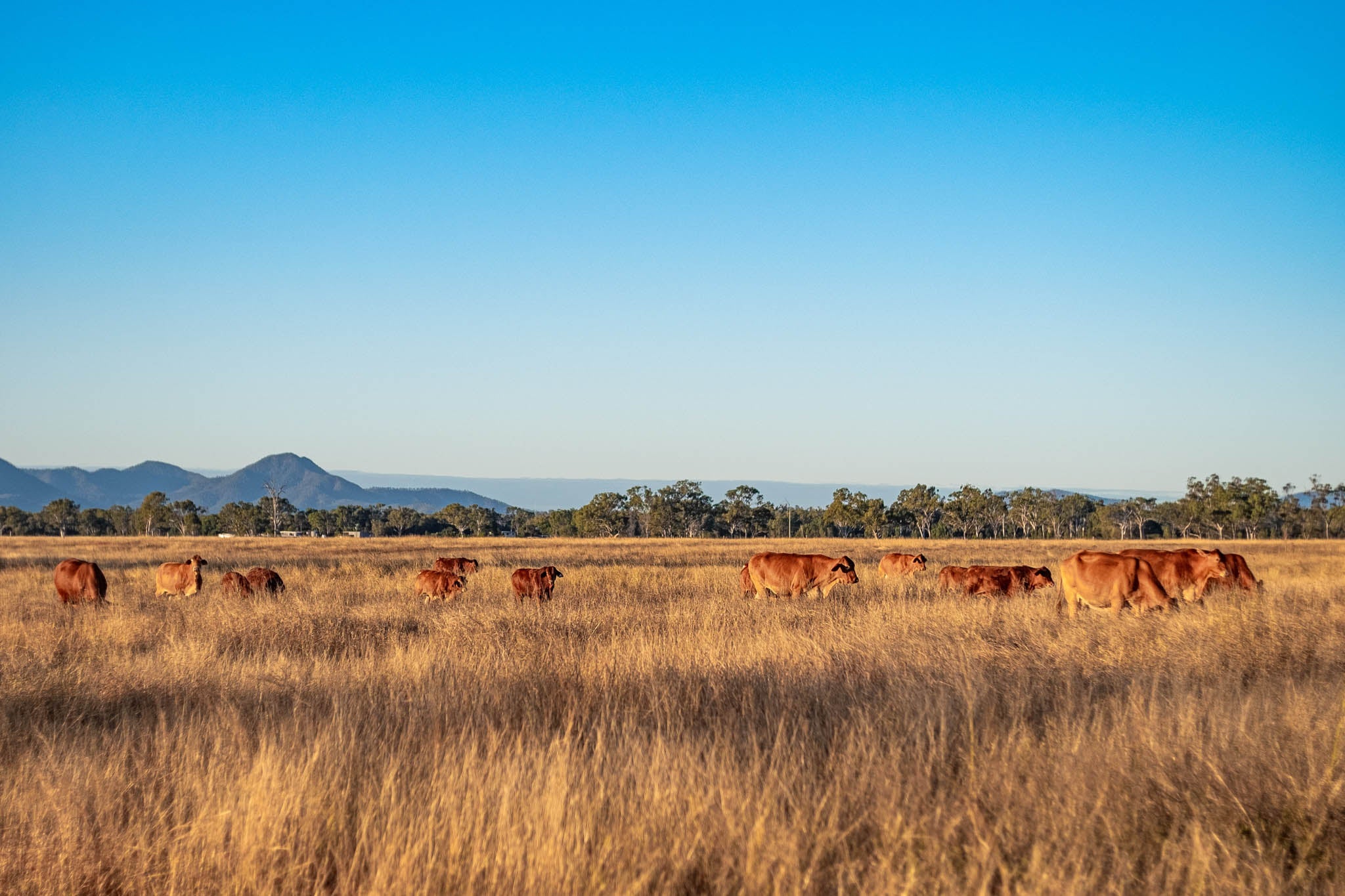Horse turnout is a fundamental aspect of equine management that involves allowing horses to graze and roam freely in a designated paddock or pasture. This practice grants horses the opportunity to engage in natural behaviors, socialize with herd members, and exercise, all of which contribute significantly to their physical and mental well-being. In this article, we will explore what horse turnout is, its benefits for horses, and the importance of implementing this practice in equine care.
What is Horse Turnout?
Horse turnout refers to the practice of giving horses access to outdoor spaces where they can move freely, graze on natural forage, and interact with other horses. It is a counterbalance to confinement in stalls or small enclosures and allows horses to experience the open space that is closer to their natural habitat. Turnout areas can vary in size and can include pastures, paddocks, or any other safe and adequately fenced outdoor spaces.
The Benefits of Horse Turnout
-
Physical Health and Exercise: One of the primary advantages of horse turnout is the positive impact it has on equine physical health. Horses are naturally grazing animals, evolved to roam and graze throughout the day. When horses are allowed regular turnout, they can walk, trot, canter, and play, which provides them with the necessary exercise to maintain proper musculoskeletal health. Regular movement promotes strong bones, healthy joints, and proper digestion, reducing the risk of various health issues such as colic and laminitis.
-
Mental Well-being: Horses are highly social animals that thrive on companionship. In the wild, they live in tight-knit herds, forming strong bonds with other members. Turnout allows horses to interact and communicate with their peers, reducing stress and anxiety levels. Socialisation in a natural setting also helps prevent undesirable behaviours that may arise from isolation or boredom.
-
Improved Hoof Health: Turnout on varied terrain, including grass, gravel, and soft soil, promotes healthier hooves. As horses move over different surfaces, it helps maintain natural wear, providing stimulation to the hooves and supporting optimal hoof growth. In turn, this reduces the risk of common hoof ailments, such as cracks and abscesses.
-
Weight Management: Obesity in horses can lead to various health complications, including insulin resistance and laminitis. Turnout provides horses with the opportunity to graze and move, which helps control their weight by regulating their calorie intake and increasing their energy expenditure.
-
Respiratory Health: Stabling horses for extended periods can lead to respiratory issues due to the accumulation of dust and allergens. Turnout in open spaces with good air circulation helps reduce the risk of respiratory problems and enhances overall lung health.
-
Reduced Behavioural Issues: Horses that are kept in confinement for extended periods may develop behavioural issues such as cribbing, weaving, or stall walking. Turnout gives them an outlet to release pent-up energy and frustration, lowering the likelihood of developing these unwanted behaviours.
-
Preventing Physical Ailments: The physical consequences of insufficient turnout can be severe. Horses that spend prolonged periods in stalls are more susceptible to joint stiffness, muscle atrophy, and circulation problems. Regular turnout counteracts these issues, keeping horses healthier and more comfortable.
-
Enhanced Immune System: Horses exposed to varied environments during turnout tend to have more robust immune systems. Experiencing different pathogens in a controlled setting can stimulate the immune response, helping horses build resistance to diseases.
Horse turnout is an integral aspect of responsible equine care, providing numerous physical, mental, and emotional benefits to horses. By allowing horses to graze, move freely, and socialise in a natural environment, we respect their innate instincts and promote their overall health and well-being. Regular turnout is essential for preventing physical ailments, managing weight, and reducing behavioural issues that may arise from extended periods of confinement.




